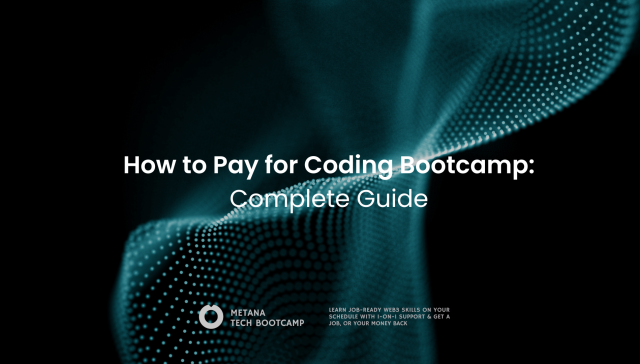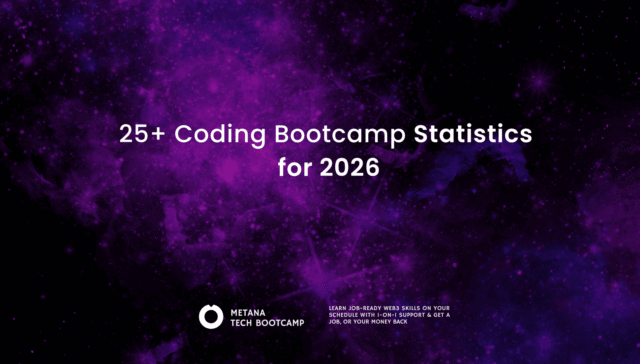TL;DR
- Personal branding for job seekers is essential as it helps them stand out and attract job opportunities.
- Defining your professional identity is the first step—identify your key strengths, values, and what makes you unique.
- Optimizing your online presence on platforms like LinkedIn, personal websites, and social media is crucial for visibility.
- Creating and sharing valuable content positions you as an industry expert and enhances your credibility.
- Networking effectively leads to stronger professional connections, increased referrals, and better career opportunities.
- Seeking recommendations and endorsements from colleagues and mentors helps establish trust and reinforces your expertise.
- Maintaining and evolving your brand ensures long-term career growth, keeping you relevant and competitive in the job market.
In today’s competitive job market, personal branding for job seekers is more important than ever. Employers don’t just look at résumés—they want to see how you present yourself online, communicate your expertise, and build credibility.
Whether you’re a recent graduate or a professional making a career switch, your personal brand plays a key role in getting noticed and landing the right opportunities. This guide will help you build an authentic and impactful professional identity.
What Is Personal Branding for Job Seekers
Personal branding is about showcasing your skills, values, and unique qualities in a way that attracts the right career opportunities.
A well-crafted personal brand makes you more memorable to recruiters and hiring managers. It positions you as an authority in your field, increasing your chances of getting referrals and job offers. Additionally, if you are transitioning into a new industry, personal branding helps you present your transferable skills in a way that resonates with employers.
Step 1: Define Your Professional Identity

Before you can build your personal brand, you need to identify what sets you apart.
Start by evaluating your key strengths, skills, and work values. Ask yourself what problems you can solve for potential employers and what aspects of your professional approach define you. Choosing a niche doesn’t mean limiting yourself—it means focusing on your strengths and refining your career message to attract the right opportunities. and It is must to create a identity and investing in personal branding for job seekers.
Example:
If you are a software developer, your brand might be “an expert in full-stack web development who specializes in building scalable and secure applications.”
If you are a marketing professional, you might define yourself as “a data-driven digital marketer with expertise in SEO, content strategy, and social media growth.”
Step 2: Identify Your Target Audience
Effective personal branding for job seekers requires knowing who you’re trying to reach.
Your target audience could be hiring managers, industry professionals, or potential clients if you’re building a freelance or consulting brand. Understanding your audience allows you to tailor your messaging and content to match their interests and expectations, ensuring that your brand resonates with the right people.
Example:
A graphic designer targeting creative agencies might focus on a visually appealing portfolio and Instagram presence.
A finance professional looking to work with startups might share financial insights and industry trends on LinkedIn.
Step 3: Build a Strong Online Presence
Your personal brand is shaped by your online footprint, as employers and recruiters often check social media profiles before making hiring decisions. That’s how important social media is personal branding for job seekers.
To optimize your online presence, start with LinkedIn by maintaining a professional profile, a compelling headline, and keyword-rich content. If your work involves creative or technical expertise, consider creating a personal website or portfolio to showcase your projects. Engaging on platforms like Twitter, Medium, or Reddit can also help establish your authority in your field, while developers can leverage GitHub to display their coding contributions.
Example:
A UI/UX designer might create a portfolio website featuring case studies of past projects.
A content writer could publish articles on Medium or a personal blog to demonstrate expertise in storytelling and SEO.
Step 4: Showcase Your Expertise Through Content
One of the best ways to strengthen your personal branding for job seekers is by consistently creating valuable content.
You can start a blog to share industry insights, write LinkedIn articles that demonstrate your expertise, or participate in podcasts and webinars. Content creation establishes you as a thought leader and keeps your profile active, making you more visible to recruiters and potential employers.
Example:
A cybersecurity analyst might write LinkedIn posts explaining the latest security threats and best practices for businesses.
A data analyst could create YouTube tutorials on how to visualize data using Python and Tableau.
Step 5: Network with the Right People
Another tip for creating personal branding for job seekers isn’t just about visibility—it’s about making meaningful connections that can advance your career.
Expand your professional network by engaging in LinkedIn groups, attending industry events, and reaching out to professionals for informational interviews. Connecting with recruiters, mentors, and peers in your industry not only enhances your brand but also opens doors to referrals and job opportunities.
Example:
A tech professional could attend hackathons and developer meetups to connect with industry experts.
An aspiring journalist might reach out to senior writers for informational interviews and collaborate on guest articles.
Step 6: Get Recommendations & Testimonials
Endorsements from past colleagues, mentors, or managers add credibility to your personal branding for job seekers.
To leverage recommendations effectively, ask former managers or colleagues for LinkedIn testimonials that highlight your skills and contributions. Showcasing testimonials on your personal website or portfolio can further strengthen your credibility. Additionally, building relationships with your network increases the likelihood of receiving valuable referrals and job introductions.
Example:
A freelance web developer might collect testimonials from clients praising their ability to deliver high-quality work on time.
A sales professional could request LinkedIn recommendations from former managers detailing how they exceeded sales targets.
Step 7: Keep Your Personal Brand Consistent & Evolving
Your personal brand should stay consistent across platforms while evolving as you gain new skills and experiences.
Have you studied how consistency and maintanances of personal branding for job seekers have worked well. To maintain a strong brand, update your LinkedIn profile and portfolio regularly to reflect your most recent achievements. Stay engaged with industry trends and refresh your résumé and elevator pitch when necessary. Since your career journey is constantly evolving, your personal brand should grow with it to remain relevant and effective.
Example:
A digital marketer might update their LinkedIn profile to reflect new certifications in Google Ads or HubSpot Marketing.
A project manager could refresh their online presence after earning a PMP (Project Management Professional) certification.
Final Thoughts
Your career success depends on how well you position yourself in the job market. By investing in personal branding, you’ll open doors to better job opportunities, professional recognition, and career growth.
As of personal branding for job seekers here is what you should do: Start today refine your LinkedIn profile, engage in discussions, and build your professional story. The best opportunities go to those who are visible, credible, and memorable.
FAQs
How do I start personal branding as a job seeker?
- Begin by identifying your strengths, setting up a professional LinkedIn profile, and engaging in industry conversations online, that’s a start for building a personal branding for job seekers.
Do I need a personal website for personal branding?
- It’s not mandatory, but having a portfolio or personal website can boost your visibility and showcase your work effectively.
What’s the best way to network for personal branding?
- Engage in LinkedIn groups, attend industry events, and connect with professionals who align with your career goals.
Can personal branding help me switch careers?
- Yes! A strong personal brand highlights transferable skills and expertise, making career transitions smoother.
How long does it take to build a personal brand?
- It’s an ongoing process, but with consistent content creation, networking, and profile updates, you can see results within a few months.







